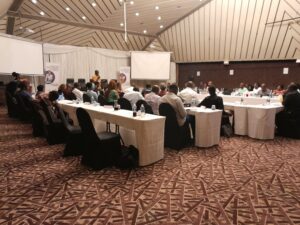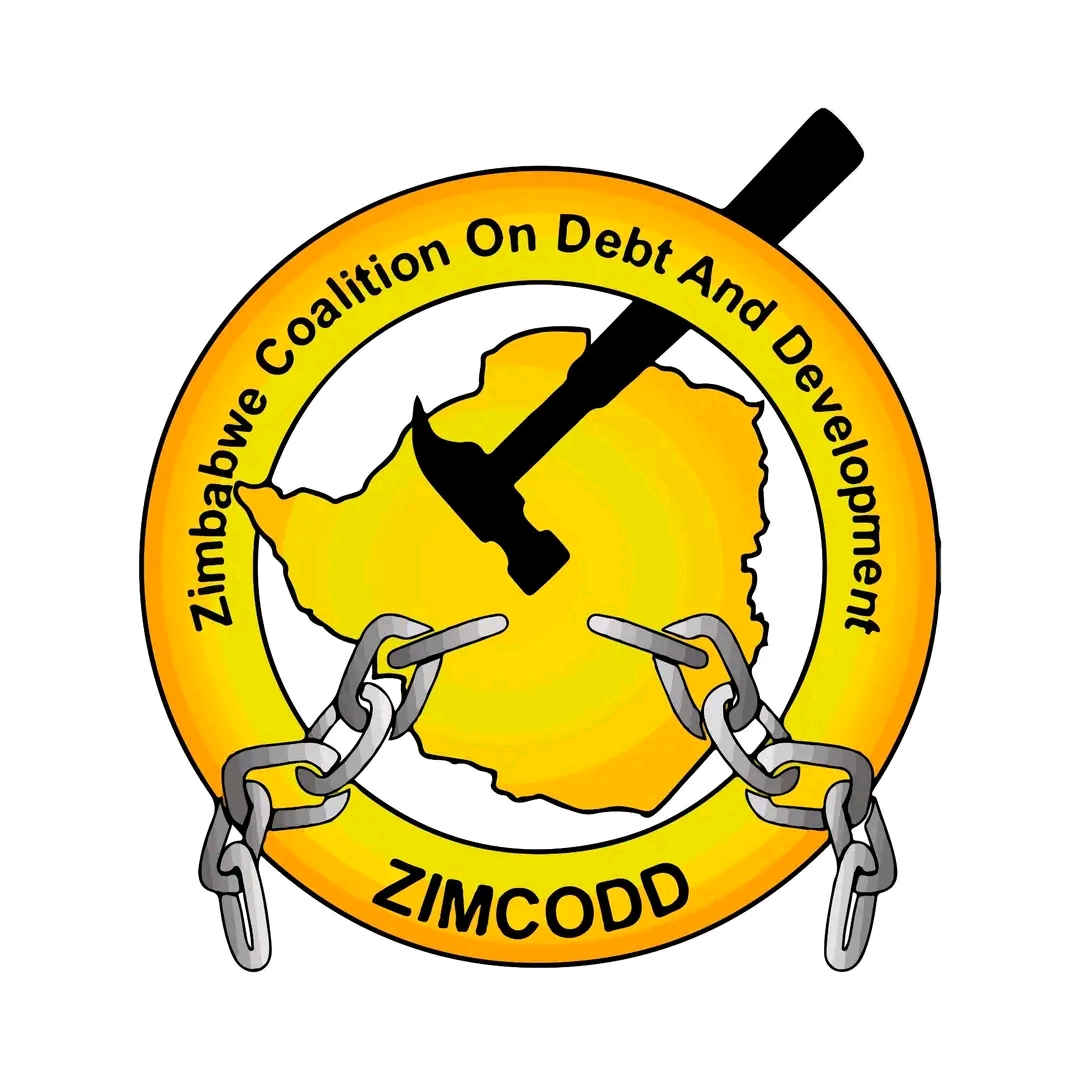|
Getting your Trinity Audio player ready…
|

By Lloyd Rabaya
Socio-economic justice coalition, Zimbabwe Coalition on Debt and Development (ZIMCODD) yesterday launched the baseline survey for their Strengthening Institutions and Youth Agency (SIYA), a project benchmarked to foster youth participation in decision-making processes.
Despite the youths being the majority of the population constituting 67.7%, their participation in decision-making processes is relatively very low for various reasons, which were laid out in the survey report.
During the survey, the research team conducted about 400 interviews, and to be inclusive, they considered disability, gender, employment status, age, educational background, and location.
In her presentation of the report, Consultant Researcher Grace Chirenje highlighted that the main barrier hindering the youth from taking the front row in decision-making was lack of knowledge.
“Lack of opportunities is also a barrier. As much as the youth might be interested, they will ask where the opportunities are and how to identify them.
On top of that, there are no resources for young people to actually participate, “she said.
With the exorbitant data prices in Zimbabwe, Chirenje reiterated that access to information is also a limitation since most of the youth prefer to use social media for advocacy as well as anonymous complaint raising.
Even though the survey was done in six provinces, the youth also highlighted that they are usually excluded from decision-making by the elders, no matter how interested they may be.
However, Chirenje expressed concern over how the youth, especially girls, are less likely to lead in the processes due to the political environment, limited access to education and resources, gender disparities, and discrimination in a widely patriarchal Zimbabwe.
In her recommendations, Chirenje said ZIMCODD must engage government to address the gender disparities, youth access to the Internet, as well as organise meetings for youth, government officials, and civil society organisations.
“Conduct Youth Empowerment Workshops to educate and inspire young people about the importance of their participation in decision-making processes.
Provide training on leadership skills, civic engagement, and accountability tools,” read part of Chirenje’s recommendations for the SIYA project.
“Launch the #SIYA Gender-Responsive Initiatives, including mentorship programs and leadership training designed to empower young women.
Collaborate with women’s organizations and NGOs to ensure gender inclusivity,” she added.
Since youths are the majority of the population, the project comes at a time when the government, with its various institutions, is trying to put an end to the scourge of drug and substance abuse that has wrecked havoc among the future leaders.
